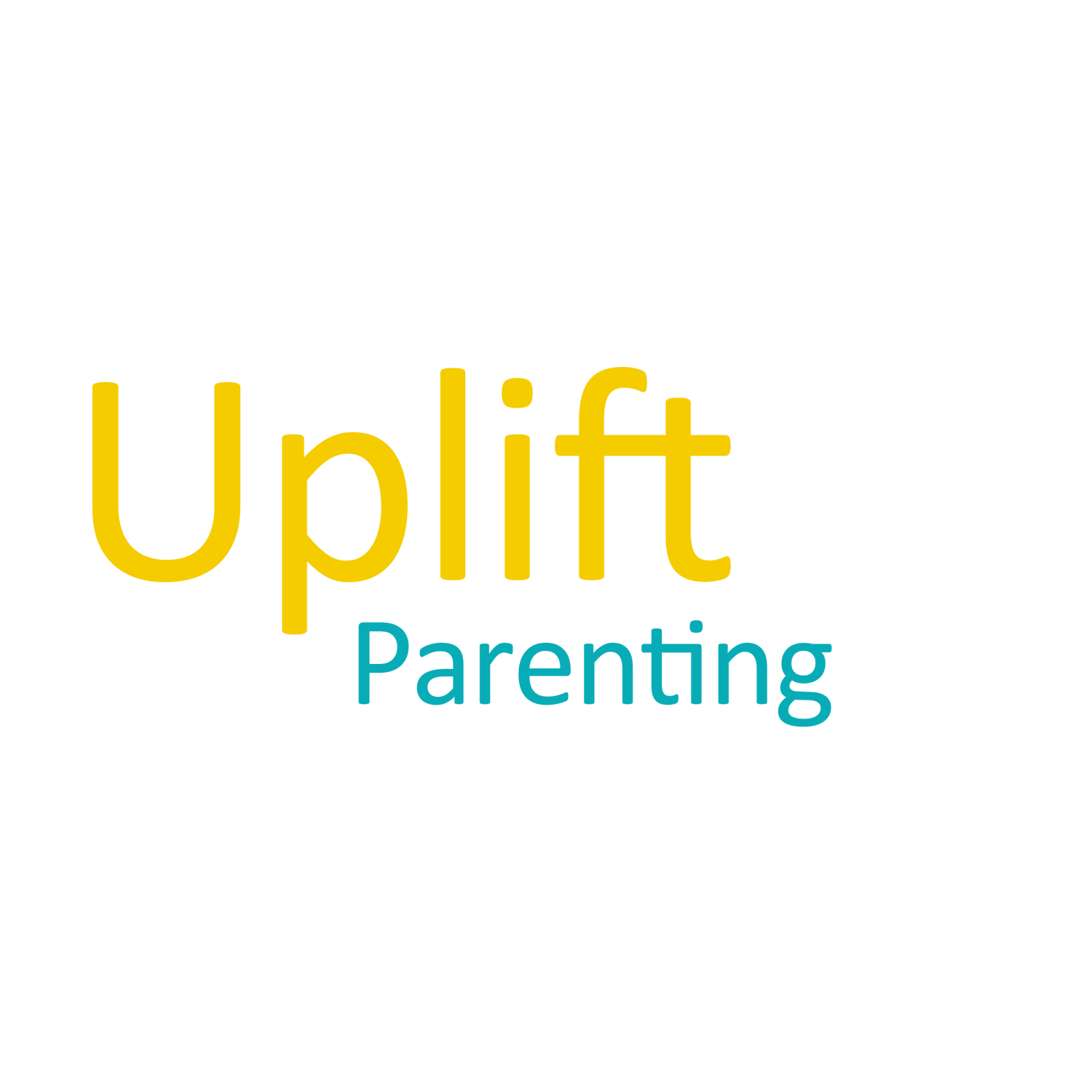On this World Mental Health Day, I am going to speak from the heart and experience here for a minute. Usually, I hide behind facts or sarcasm, especially with this topic. After I had my second child, I was diagnosed with postpartum anxiety. Writing that one sentence makes it sound like it just happened, magically, someone noticed and I got the help I needed. Unfortunately, that is not quite the full truth. A dear friend was honest with me and then my GP took the signs and had a frank conversation with me, but it was a dark and winding road for some time. I did not realize just how long I had gone without feeling joy until I started getting help.
I had never heard of postpartum anxiety. I had only ever heard of postpartum depression and in my head, the signs of that were things like regretting having children, not being able to get out of bed, feeling resentment, basically what I had heard in passing from tv portrails. For me, that is not how it played out. It played out with me laying awake at night running through all of the “what-ifs”, or feelings so overwhelmed by all the things that could happen, that I could not really relax (in my defense on that one, my kids ARE creative and curious lol without a watchful eye they quickly got into some pickles!). Then came the intrusive thoughts. Even though I rationally KNEW the chances of it happening the way it played out in my head were slim to none, I fixated on them and stopped leaving my house as much as I previously had to avoid those scenarios.
Through all of this, it did not even occur to me that what I was experiencing was not normal. I genuinely thought it was just what life with two kids, two and under, was like. I went through the motions every day, I loved my babies more than anything, but I was drowning on the inside. A busy toddler and a baby with reflux that never slept more than two hours at a time, a partner who worked long hours, and no family close by, I felt like I had to be “on” all the time. I am so fortunate to have a great partner, and he was there with me through the thick of it, also assuming this was just what life with two kids was like. Both of us were so deep in, neither could recognize the reality. My second baby was around a year old when I finally got diagnosed and received help. I still remember the exact moment I knew I was on the road to recovery. I was on the floor playing with my kids, going through all the motions like I had been all this time and I felt… JOY. Like I was actually, for real, happy. It was like the fog had lifted and I could see through to the other side. This was not the end of my journey, but now there was a light at the end of what felt like an endless tunnel. I have since taken multiple trainings, gone to several conferences, and researched perinatal mood and anxiety disorders (PMAD) quite a bit. I wish I knew then all that I know now, in hindsight it is possible I had depression and OCD as well though I was never officially diagnosed with either. I talk about it with anyone I know who is expecting a baby and mention it in my consults with clients. My hope is to prevent someone from feeling as alone as I did. As a postpartum doula, many of my clients are individuals who had previous experiences with a perinatal mood disorder or are at higher risk for them so we can be aware of it together and get help as needed. Experiencing a perinatal mood disorder is more common than most realize. Roughly 1 in 7 birthing people and 1 in 10 partners experience a perinatal mood disorder. Below are some additional statistics as well as resources. Just know you are not alone and there is help.
Additional information/Statistics:
It is NOT your fault if you are experiencing this!
Perinatal Mood & Anxiety Disorders include: depression, anxiety, OCD, bi-polar mood disorder, post-traumatic stress disorder, and psychosis. You may experience one or a combination
PMADs can affect anyone regardless of age, race, income, even gender
Pregnant people, adoptive parents, partners, individuals who had a miscarrage can experience perinatal mood and anxiety disorders
“Baby Blues” is not the same as a Perinatal Mood Disorder. 80% of birthing people will experience some sadness or crying.This will resolve without help within a couple weeks
Get Help/ Resources:
Postpartum Support International
Postpartum.net
800-944-4773
Pregnancy and Postpartum Health Alliance of Texas
pphatx.org
Center for Women’s Mental Health
womensmentalhealth.org
National Suicide Hotline: 1-800-273-TALK (8255)
Crisis Text Line: Text CONNECT to 741741 in the United States






